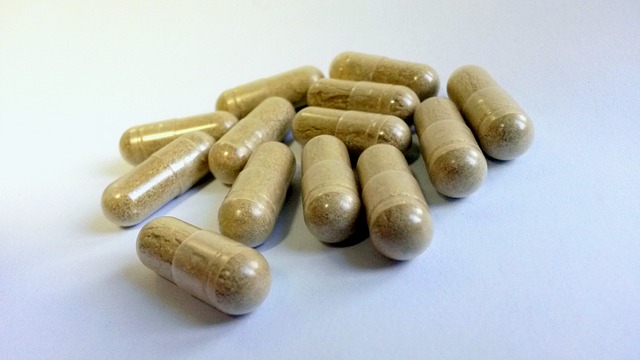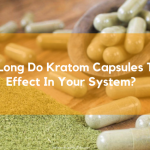
(Source: Pixabay)
The growth of the Kratom industry is uncontrollable as more and more people appreciate its claimed benefits. More Kratom organizations are also cropping up to join in the fight for Kratom legalization in the US. Maeng Da is the most popular of the Kratom strains grown in select Asian nations. However, few people understand fully the effects or risks associated with the use of Maeng Da Kratom. To help you understand more about the herb, here is a quick overview Maeng Da Kratom and its associated risks.
What is Maeng Da Kratom?
Maeng Da is Thai slang for “pimp grade” and is used to refer to a highly potent Kratom strain. The Maeng Da strain is actually a genetically modified version of Thailand’s Kratom plant and is said to contain more alkaloids (Mitragynine and 7-hydroxymitragynine) than the original version of the herb.
Maeng Da comes in different types based on color and origin. Prevalent types based on their sources are Thailand’s, Indonesian, and Malaysian Maeng Da. Maeng Da is also classified according to the color of the leaf veins. Common types include Green Vein, Red Vein, and White Vein Maeng Da.
Consumers claim that Green and Indonesian Maeng Da boost their mood, leaving them enthusiastic and thrilled to face the hurdles of the day. It’s also suggested that the White Maeng Da is a great energy booster, with users claiming to work for longer hours. The Red Maeng Da is said to improve consumers’ concentration and focus while other Kratom buyers hail the Indonesian version for its relaxation effects. Finally, former opium addicts claim that Maeng Da is of great assistance in addiction withdrawal.
Risks associated with Maeng Da
Being one of the strongest Kratom strains, Maeng Da has certain associated risks. To begin with, moderate to high doses of Maeng Da Kratom may bring about opioid-like symptoms that can last for several hours. Common side effects that users claim to have experienced under high doses include dizziness, lightheadedness, troubled sleep, and stomach problems. Taking large dosages of Maeng Da Kratom may also result in feelings of anxiety. Constant consumption of Maeng Da Kratom might lower a consumer’s appetite over time, and this may lead to drastic weight loss and eating disorders.
It’s also suggested that the herb can harm both the kidney and liver. Kidney damage is said to be as a result of the compromise on the liver’s function—Kidney gets overworked when solely filtering the body’s toxins.
Taking Maeng Da with alcohol and other drugs is believed to increase the risk of adverse effects and could pave the way for Kratom poisoning. Specifically, mixing Maeng Da with opioids is said to cause lethal effects that can eventually lead to death. It has been noted that calls to poison centers in regards to Kratom consumption has risen over the past few years with callers commonly reporting signs such as seizure, hypertension, nausea, increased heart rate, and drowsiness.
It’s also said that Maeng Da poses risks of addiction and dependence. Experts suggest that the ability of some chemicals found in the herbal product to activate opiate signals in the brain shows that Maeng Da can be addictive. It’s claimed that with time, long-term consumers develop a high tolerance to Maeng Da and may need to take larger doses to achieve similar effects. Eventually, these users are unable to stop consuming the substance despite experiencing negative effects. Even worse, it is said that Maeng Da addicts trying to stop the usage suddenly might experience withdrawal symptoms said to be similar to those of opiates, including muscle pain, irritability, sweating, insomnia, intense craving for Kratom, and hypertension among others.
Final Thoughts
Maeng Da is a popular product whose consumption comes with its share of benefits and risks, considering that it’s stronger than other Kratom strains. With correct use, users might enjoy benefits such as relaxation, increased focus, improved moods, and higher energy. Wrongful Maeng Da usage might cause adverse effects and may increase the risk of addiction.
Most importantly, it is critical to remember that Kratom remains a DEA and FDA drug-of-concern, although their recommendations to classify the herbal product as a hard drug were thwarted by massive public outcry back in 2016 and 2017. As much as consumers are advised to be cautious when using Maeng Da, it’s also essential for them to purchase the herbal supplement from trusted and proven vendors. The Golden Monk, for instance, sells safe, lab-tested Maeng Da that is free from contamination, heavy metals, and pathogens.
About The Author:
Stacey Smith is a freelance health writer. She is passionate to write about women’s health, dental health, diabetes, endocrinology and nutrition and provide in-depth features on the latest in health news for medical clinics and health magazines.




